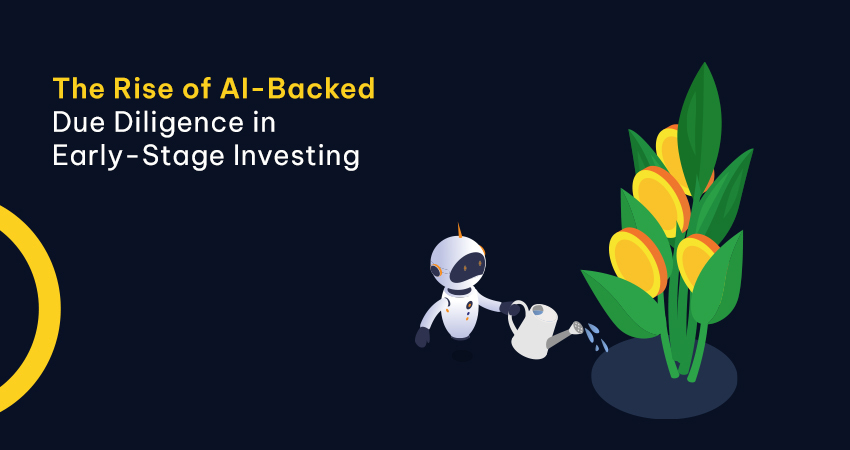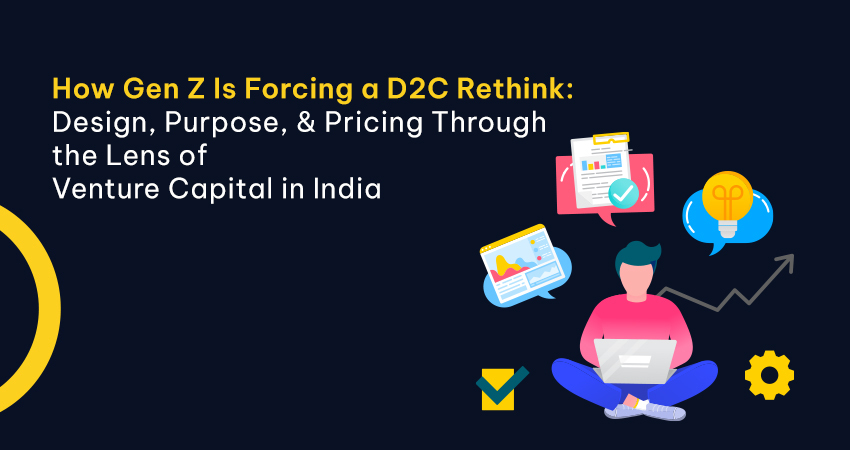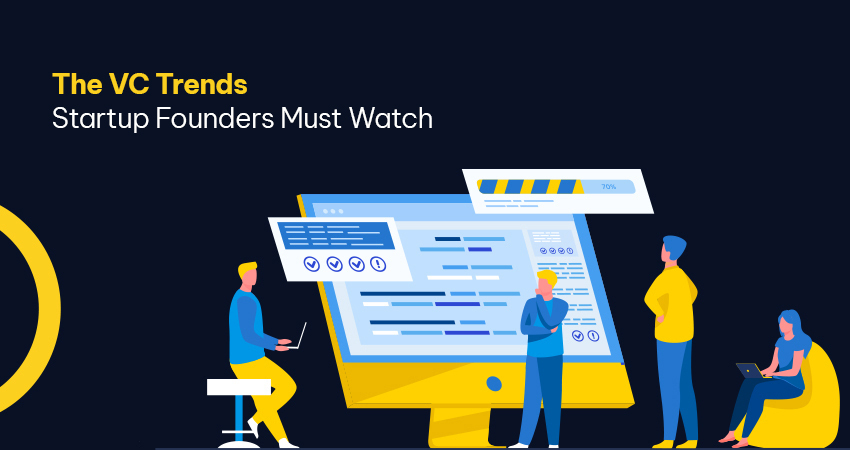Have you ever sat through a marathon due diligence process? Sifting through spreadsheets, reviewing decks, chasing data from founders, only to wonder if there’s a smarter, faster way? Imagine if, instead of weeks of manual toil, you had AI assistants scanning market signals, flagging risks, and surfacing insights in days or even hours. That’s not sci-fi anymore; it’s the emerging reality of early-stage investing.
Let’s explore how AI-backed due diligence is reshaping the way investors evaluate startups, why it matters for venture capital firms (including our team at Rukam Capital), and what founders should know as this trend continues to accelerate.
Why Traditional Due Diligence Needs a Refresh
Due diligence has long been the backbone of investment decisions. Yet traditional approaches face growing challenges.
- Volume & Velocity of Data: Startups generate massive digital footprints via social media chatter, product reviews, usage metrics, and competitor news. Manually capturing and synthesising these signals is time-consuming and error-prone.
- Rising Complexity of Markets: Sectors such as fintech, healthtech, and deep tech are evolving rapidly. By the time a manual deep dive completes, the landscape may have shifted.
- Resource Constraints: Early-stage funds often operate lean teams. Analysts juggle multiple deals simultaneously, yet are expected to deliver thorough insights without sacrificing speed.
- Human Bias and Oversights: Even experienced investors can overlook subtle risk factors or emerging trends that are hidden in unstructured data. Anecdotally, VCs report that AI tools can reduce oversight errors by 20–30% in financial due diligence.
OUR TAKE:
We’ve felt this tension firsthand. While human judgment remains irreplaceable, we saw opportunities to augment our team with AI-driven tools that handle the heavy lifting of data aggregation and initial analysis. This frees our analysts to focus on nuanced, strategic judgments, such as founder quality, market fit subtleties, and long-term vision.
Analysing the AI-backed Landscape Through Numbers
Here are some key numbers and market statistics related to AI-backed due diligence and its surrounding themes.
| METRIC | VALUE/INSIGHT |
| Market Size | $812 million (2023); $887.51 million projected (2024) |
| AI-Driven Accuracy Improvement | 20–30% fewer oversight errors in financial due diligence. |
| Time Saved in VC Due Diligence (India) | Processes compressed from around 1 week to 1–2 days. |
| Global VC Funding | $45 billion (2024) |
| Institutional Investing AI Readiness | Around 20% of institutions ready to incorporate AI. |
What “AI-Backed Due Diligence” Entails

AI-backed due diligence typically combines several capabilities:
1. Data Aggregation & Cleansing
Automated collection of structured (financial statements, KPIs) and unstructured data (news articles, social media, patent filings).
2. Natural Language Processing (NLP) for Sentiment & Thematic Analysis
Scanning news reports, customer reviews, and social chatter to gauge sentiment around a startup, its competitors, or industry trends.
3. Financial Modelling & Anomaly Detection
AI can parse financial statements, detect anomalies (e.g., unusual expense patterns), and forecast revenue scenarios using historical data and market benchmarks.
4. Market & Competitive Intelligence
AI tools scan competitor funding announcements, partnerships, product launches, and tech developments to map the competitive landscape.
5. Deal Scoring & Prioritisation
AI algorithms rank or score potential deals based on parameters set by the fund (stage, sector, traction metrics).
6. Risk Prediction Models
Machine learning models are trained on historical deal outcomes to predict risk factors (failure likelihood, potential scalability).
Challenges & Caveats in Due Diligence
It is important to view AI outputs as one input among many. When AI surfaces a red flag or a positive signal, analysts need to dig deeper to validate it.
- Input Quality Determines Outcome: AI relies on quality data. Inconsistent or incomplete datasets can mislead models.
- Bias Risk: Historical data may embed biases (e.g., sector preferences, regional biases). AI models trained on such data could perpetuate them, disadvantaging certain founders.
- Mitigation: Combine AI outputs with human review to ensure accuracy and reliability. Continuously audit models for bias, diversify training data sources, and implement guardrails to flag potential biases.
Practical Steps for Founders
As AI tools become central to VC due diligence, founders must proactively prepare their data and narrative. Founders can maintain an edge in an AI-driven funding landscape through several strategies.
- Prepare Clean, Structured Data: Maintain organised financial records, clear documentation, and accessible data rooms, so AI tools can efficiently parse information.
- Be Transparent with Data Sources: Stay informed about the public’s perspective with news, reviews, and social chatter about your startup. Proactively manage reputation and correct misinformation.
- Anticipate AI Queries: As VCs deploy AI tools, consider simulating questions: what would an AI tool find when scanning your market? Address potential red flags (e.g., inconsistent metrics online).
- Leverage AI for Self-Assessments: Founders can use AI to benchmark their startup against peers, identify gaps or opportunities before pitching.
- Highlight Data Readiness in Pitches: Emphasise to investors that your data infrastructure is robust and accessible for efficient diligence.
AI-backed due diligence isn’t about replacing the human investor; it’s about elevating our game, handling data deluge, surfacing signals faster, and freeing us to focus on strategic judgment, founder relationships, and long-term vision.
For early-stage investing, where information gaps abound and markets shift rapidly, AI tools can be powerful co-pilots, but don’t be mistaken, success hinges on combining AI insights with rigorous human validation, maintaining ethical guardrails, and continuously refining data practices.
Food for thought: AI is becoming the autopilot of venture diligence. It handles data, risk flags, and scans markets with speed and precision. But an autopilot can’t choose the destination or react to turbulence. That’s still the pilot’s call.
In this new cockpit of investing, the question is: how will you balance automated precision with human judgment to navigate better, faster decisions?





